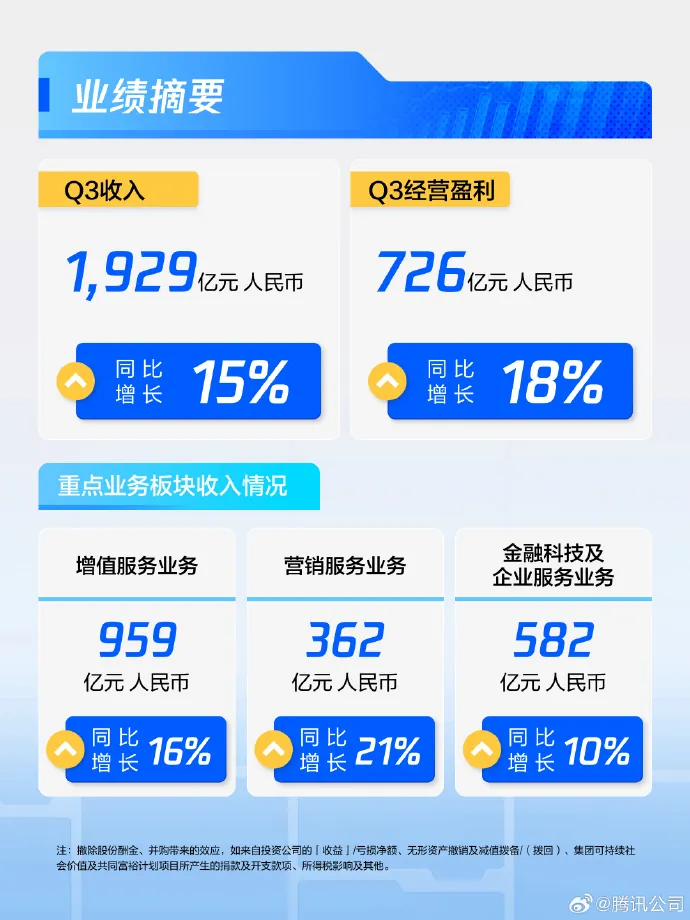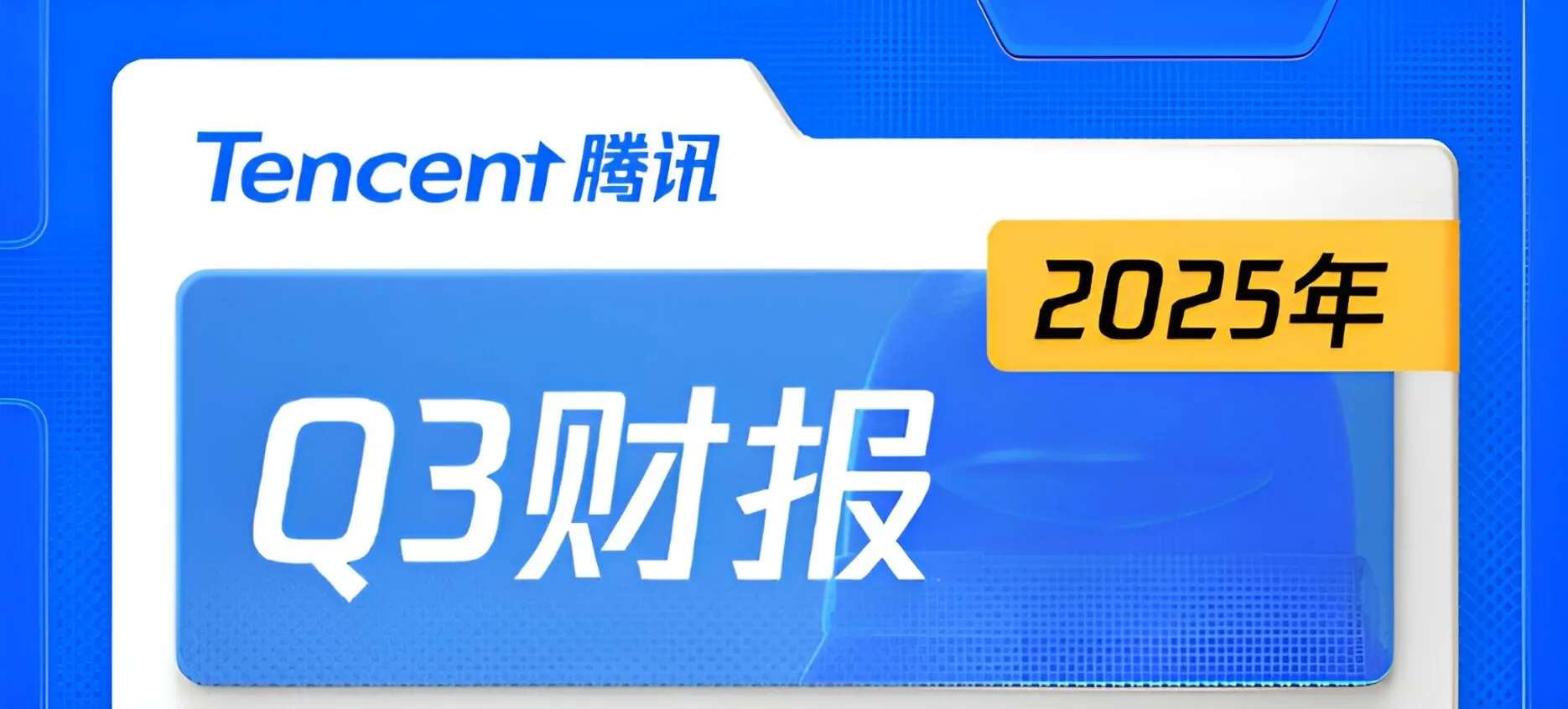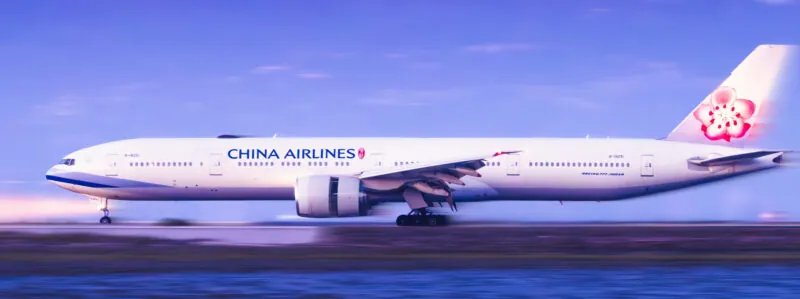Tencent (腾讯) closed the third quarter of 2025 with the kind of numbers that suggest China’s AI wave is no longer theoretical. Revenue rose 15% year-on-year to RMB 192.9 billion (about US$ 27 billion), gross profit climbed 22%, and margins strengthened even as the company cut capital expenditure by nearly a quarter. Tencent’s Q3 financial report shows a picture of a platform hitting good form, and doing so with AI stitched through every growth line.
Games were the standout. Domestic blockbusters such as Delta Force and VALORANT Mobile helped lift China titles 15% year-on-year, while international games surged 43% as Supercell hit all-time highs in monthly daily active users and gross receipts. The mix reflects Tencent’s two-track strategy: deepen its command of China’s mobile-first ecosystem while using studio acquisitions to push for more predictable global output.

Advertising delivered its best quarter in years. Tencent’s Q3 financial report shows marketing services revenue jumped 21%, powered by rising engagement, higher ad load and a step-change in engagement driven by AI-assisted targeting. The launch of AIM+ – Tencent’s automated campaign tool – hints at where China’s ad market is heading: towards end-to-end machine-optimised buying that prioritises creative iteration and bidding efficiency rather than manual tuning.
Fintech and cloud remained steady rather than spectacular, but the signals were still encouraging. Commercial payments grew faster than in Q2, and enterprise demand for AI-related cloud services pushed Business Services into the teens for year-on-year growth. Tencent also highlighted rising Mini Shops GMV, underscoring how the WeChat ecosystem continues to be the bedrock of small-merchant retail.
For 2026, the company is positioning its Hunyuan AI model – now upgraded in reasoning, coding and 3D generation – as both an internal productivity engine and a consumer-facing layer inside WeChat. For brands, agencies and retailers, the quarter offers a clear read: China’s AI shift is now visible in actual monetisation, and Tencent’s ecosystem is becoming more algorithmic, more automated and, crucially, more commercially confident.









